Here are some events that happened on May 19th. It could be an event or a person that died or was born on that day
1535 – French explorer Jacques Cartier sets sail on his second voyage to North America with three ships, 110 men, and Chief Donnacona's two sons (whom Cartier had kidnapped during his first voyage).
Jacques Cartier (December 31, 1491 – September 1, 1557) was a Breton explorer who claimed what is now Canada for France. Jacques Cartier was the first European to describe and map the Gulf of Saint Lawrence and the shores of the Saint Lawrence River, which he named "The Country of Canadas", after the Iroquois names for the two big settlements he saw at Stadacona (Quebec City) and at Hochelaga (Montreal Island).
Some stamps and a First Day Cover from France and Canada depicting Jacques Cartier
1881 Born: Mustafa Kemal Atatürk (official birthday), Turkish field marshal and statesman, 1st President of Turkey (d. 1938)
Kemal Atatürk (or alternatively written as Kamâl Atatürk, Mustafa Kemal Pasha until 1934, commonly referred to as Mustafa Kemal Atatürk; c. 1881 – 10 November 1938) was a Turkish field marshal, revolutionary statesman, author, and the founding father of the Republic of Turkey, serving as its first president from 1923 until his death in 1938. He undertook sweeping progressive reforms, which modernized Turkey into a secular, industrial nation. Ideologically a secularist and nationalist, his policies and theories became known as Kemalism. Due to his military and political accomplishments, Atatürk is regarded as one of the most important political leaders of the 20th century.
Atatürk came to prominence for his role in securing the Ottoman Turkish victory at the Battle of Gallipoli (1915) during World War I. Following the defeat and dissolution of the Ottoman Empire, he led the Turkish National Movement, which resisted mainland Turkey's partition among the victorious Allied powers. Establishing a provisional government in the present-day Turkish capital Ankara (known in English at the time as Angora), he defeated the forces sent by the Allies, thus emerging victorious from what was later referred to as the Turkish War of Independence. He subsequently proceeded to abolish the decrepit Ottoman Empire and proclaimed the foundation of the Turkish Republic in its place.
As the president of the newly formed Turkish Republic, Atatürk initiated a rigorous program of political, economic, and cultural reforms with the ultimate aim of building a modern, progressive and secular nation-state. He made primary education free and compulsory, opening thousands of new schools all over the country. He also introduced the Latin-based Turkish alphabet, replacing the old Ottoman Turkish alphabet. Turkish women received equal civil and political rights during Atatürk's presidency. In particular, women were given voting rights in local elections by Act no. 1580 on 3 April 1930 and a few years later, in 1934, full universal suffrage.
His government carried out a policy of Turkification, trying to create a homogeneous and unified nation. Under Atatürk, non-Turkish minorities were pressured to speak Turkish in public; non-Turkish toponyms and last names of minorities had to be changed to Turkish renditions. The Turkish Parliament granted him the surname Atatürk in 1934, which means "Father of the Turks", in recognition of the role he played in building the modern Turkish Republic. He died on 10 November 1938 at Dolmabahçe Palace in Istanbul, at the age of 57; he was succeeded as President by his long-time Prime Minister İsmet İnönü and was honored with a state funeral. His iconic mausoleum in Ankara, built and opened in 1953, is surrounded by a park called the Peace Park in honor of his famous expression "Peace at Home, Peace in the World".
In 1981, the centennial of Atatürk's birth, his memory was honored by the United Nations and UNESCO, which declared it The Atatürk Year in the World and adopted the Resolution on the Atatürk Centennial, describing him as "the leader of the first struggle given against colonialism and imperialism" and a "remarkable promoter of the sense of understanding between peoples and durable peace between the nations of the world and that he worked all his life for the development of harmony and cooperation between peoples without distinction". Atatürk is commemorated by many memorials and places named in his honor in Turkey and throughout the world.
Turkish stamps depicting Mustafa Kemal Atatürk
1890 Born: Ho Chi Minh, Vietnamese politician, 1st President of Vietnam (d. 1969)
Hồ Chí Minh (19 May 1890 – 2 September 1969), born Nguyễn Sinh Cung, also known as Nguyễn Tất Thành, Nguyễn Ái Quốc, Bác Hồ, or simply Bác ('Uncle'), was a Vietnamese revolutionary and politician. He served as Prime Minister of North Vietnam from 1945 to 1955 and President from 1945 until his death in 1969. Ideologically a Marxist–Leninist, he served as Chairman and First Secretary of the Workers' Party of Vietnam.
Hồ Chí Minh led the Việt Minh independence movement from 1941 onward, establishing the Communist-ruled Democratic Republic of Vietnam in 1945 and defeating the French Union in 1954 at the Battle of Điện Biên Phủ, ending the First Indochina War. He was a key figure in the People's Army of Vietnam and the Việt Cộng during the Vietnam War, which lasted from 1955 to 1975. The Democratic Republic of Vietnam was victorious against the Republic of Vietnam and its allies, and was officially reunified with the Republic of South Vietnam in 1976. Saigon, the former capital of South Vietnam, was renamed Ho Chi Minh City in his honor. Ho officially stepped down from power in 1965 due to health problems, and died in 1969.
The details of Hồ Chí Minh's life before he came to power in Vietnam are uncertain. He is known to have used between 50 and 200 pseudonyms. Information on his birth and early life is ambiguous and subject to academic debate. At least four existing official biographies vary on names, dates, places and other hard facts while unofficial biographies vary even more widely.
Aside from being a politician, Ho was also a writer, a poet and a journalist. He wrote several books, articles and poems in French, Chinese and Vietnamese.
Vietnamese stamps depicting Ho Chi Minh
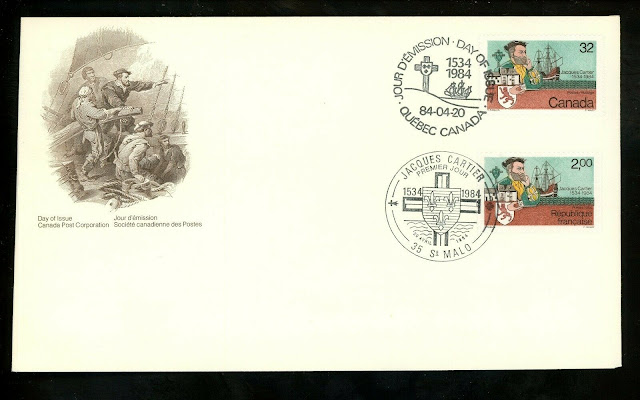

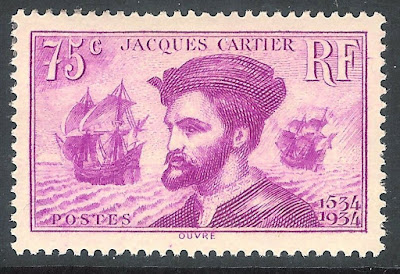
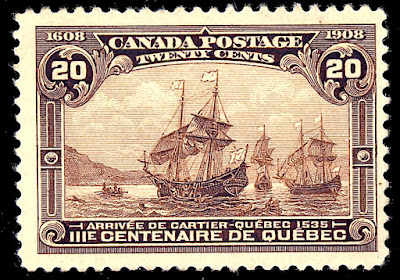


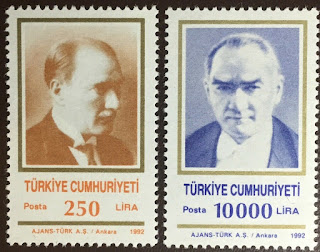

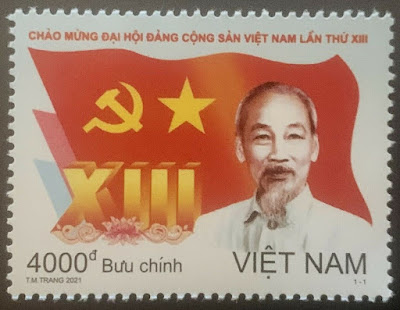
No comments:
Post a Comment